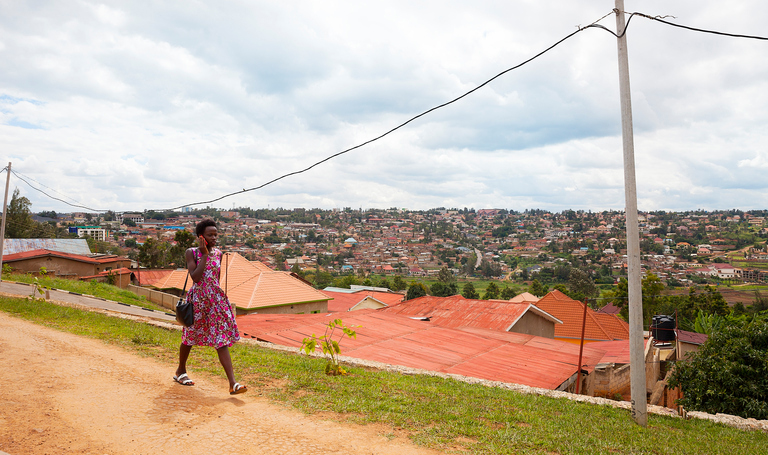Assata Zerai
 African Women, ICT and Neoliberal Politics: From Gendered Digital Divides to people-Centered Governance
African Women, ICT and Neoliberal Politics: From Gendered Digital Divides to people-Centered Governance
How can we promote people-centered governance in Africa? Very recent research has shown that broad access to cell phones and other information and communications technologies (ICTs) is linked to more democratic governance structures. These structures are defined by World Bank indicators such as rule of law, control of corruption, regulatory and government effectiveness, political stability, low levels of violence, and voice and accountability. But in key areas, these neoliberal indicators of democratic governance fall short: they do not encompass gender equity, disability services, or pro-poor policies seen in bottom-up approaches to democratic governance. To better understand and promote people-centered governance in Africa, Professor Zerai’s project will shift our focus to the marginalized, understood on two levels. She will examine whether access to ICTs by marginalized groups, especially women, makes a difference to the success of bottom-up governance structures and she will show how research by African scholars, too often marginalized, must be used to expand and redefine the goals and indicators of democratic governance in African countries.
This CAS appointment will allow Professor Zerai to complete her book manuscript, African Women, ICTs and Neoliberal Politics: The Challenge of Gendered Digital Divides to People-Centered Governance (under contract with Routledge). The heart of the book is a focus on ICTs, women’s status and governance in Zimbabwe, Uganda and Nigeria, respectively. Professor Zerai examines regional differences to discuss the varied ways that women’s status, diffusion of knowledge, and quality governance are represented throughout these countries. On the basis of African women’s scholarship, she will build on Asongu and Nwachukwu’s 2016 analysis of 2000-2012 World Bank development and governance indicators, and challenge both their definitions of good governance as well as their conclusion that a gender-blind understanding of diffusion of knowledge sufficiently explains factors resulting in better governance in Sub-Saharan Africa.
